In the rich tapestry of Bangladeshi art and culture, few names shine as brightly and as intensely as Humayun Faridi. An actor, a thinker, and a rebel in spirit, Faridi was not merely a performer—he was an era.
Born in 1952 in Narinda, Old Dhaka, Faridi’s journey to stardom was not one of glamour, but of grit and passion. After a brief start at Dhaka University, he enrolled at Jahangirnagar University, where his artistic identity took deeper root.
Under the guidance of the legendary playwright Selim Al Deen, Faridi found his voice in theatre and became one of the founding members of the university’s cultural movement.
Jahangirnagar`s vibrant campus life and its strong theatrical environment shaped his vision, cementing his place in the emerging theatre scene of Bangladesh.
He began his career in stage plays through Dhaka Theatre, where performances like Shakuntala, Kirtankhola, and Keramat Mangal showcased his powerful presence and set new standards in theatre acting.
Faridi later captivated television audiences during the golden era of BTV. His unforgettable roles in Shongshoptok, Kothao Keu Nei, Boro Rokomer Manush, and Durbin Diya Dekhun brought layers of psychological complexity to the small screen.
The character of ‘Baker Bhai’ became iconic—an anti-hero who reflected society’s contradictions and contradictions within himself.
In cinema, Faridi’s presence was equally magnetic. From Shyamol Chhaya to Bachelor, Matritto, and Ekattorer Jishu, he embraced both mainstream and artistic films with unmatched versatility.
Faridi passed away in 2012, but his legacy remains untouchable. His works continue to be studied not just for their artistic excellence but for their emotional and cultural honesty.
He was more than an actor—he was a cultural conscience, a mirror to society, and a man who transformed performance into philosophy.
To remember Humayun Faridi is to remember the soul of a nation that spoke through him.


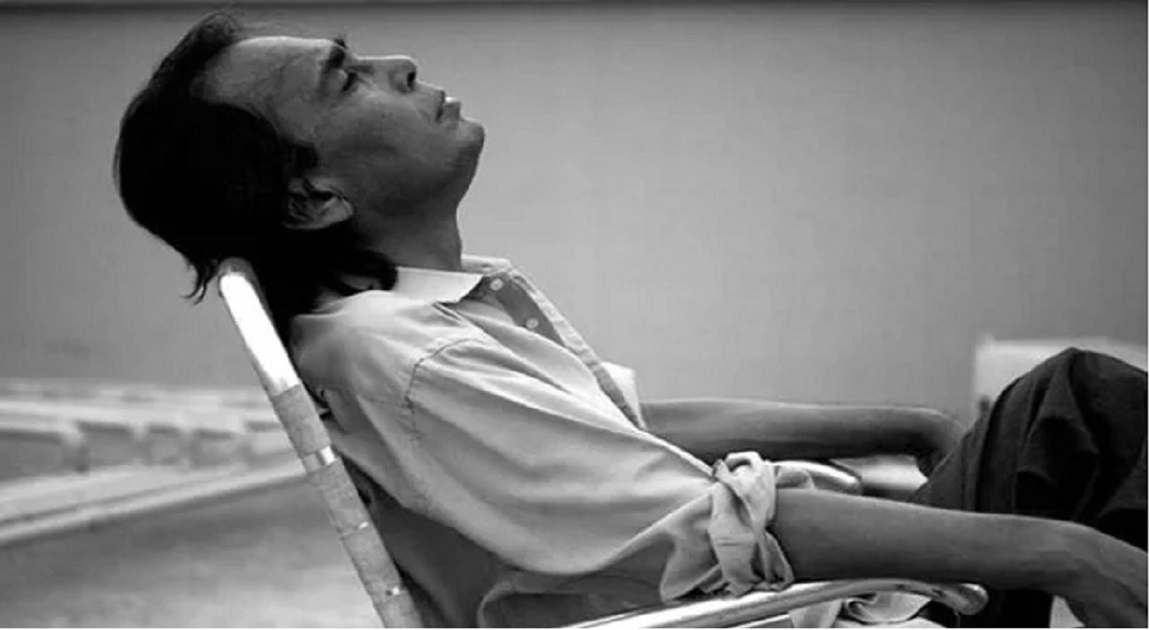

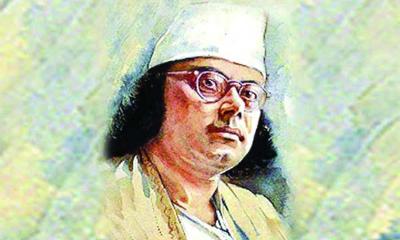
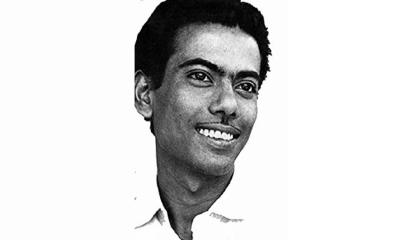
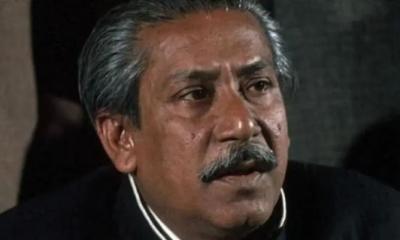
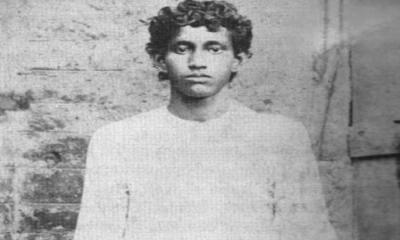
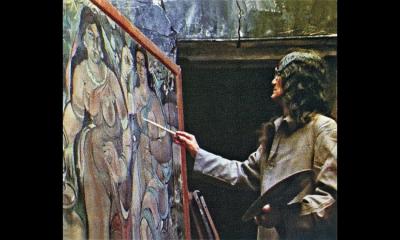


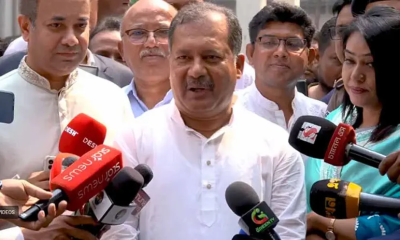
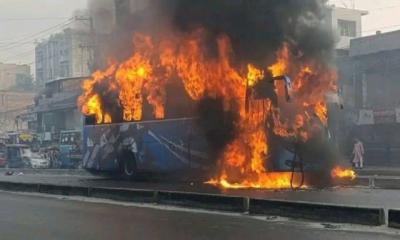
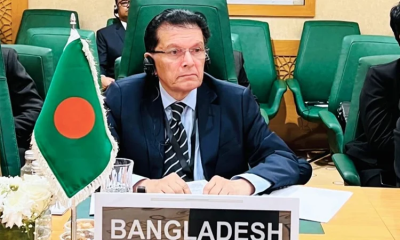

-20260227090008.webp)
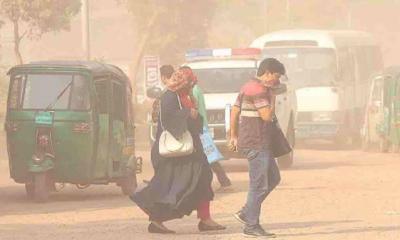




-20260226080139.webp)









-20260224075258.webp)




-20260221022827.webp)


